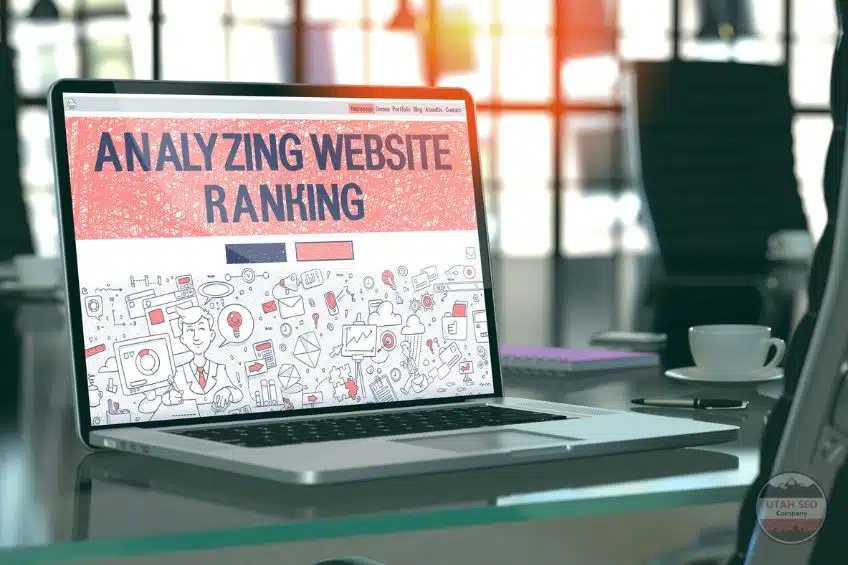
You’ve invested time and resources into creating a professional website for your business. But what if that design is quietly holding you back from higher Google rankings? Search engines don’t just evaluate your site based on its appearance—they assess its performance, user experience, and speed. If your website design isn’t aligned with SEO best practices, you're likely losing visibility, traffic, and leads to competitors who are doing it right.
It’s easy to prioritize aesthetics when building your site—but performance is what drives rankings. Google's Page Experience update emphasizes that factors like speed, stability, and visual load time directly influence your SEO. If your site is bloated with unnecessary code, heavy graphics, or outdated frameworks, search engines will flag it, and users won’t wait around. According to Google's Core Web Vitals, these metrics measure real-world user experience for loading performance, interactivity, and visual stability. Fast-loading, stable pages aren’t just ideal—they’re now a ranking factor.
Google now uses mobile-first indexing, meaning it evaluates your website based on how it performs on a smartphone—not a desktop. If your mobile layout is hard to navigate, slow to load, or just feels broken, your rankings will suffer. According to Forbes, 61% of users won’t return to a mobile site they had trouble accessing, and 40% will visit a competitor instead. That’s a traffic leak you can’t afford.
If visitors are bouncing off your site within seconds, Google notices. Poor navigation, confusing layouts, or inaccessible design elements all contribute to high bounce rates and lower engagement—both negative signals to search engines. Great UX design is about guiding users smoothly from landing to conversion, and a site that does that well tends to rank better too.
Even subtle choices in your design can have a major impact. Auto-play videos, oversized hero images, and pop-ups that block content may feel “modern,” but they hurt performance and frustrate users. Sites still running on HTTP instead of HTTPS are flagged as insecure in browsers—which damages both trust and SEO. These aren’t just cosmetic problems. They’re ranking problems.
Your website should be more than just eye-catching—it should be your digital growth engine. Every element, from site speed to layout, plays a role in your ability to rank and convert. In a competitive market like Utah, good design means being found first, not just looking good. If your traffic is flat or your rankings are slipping, it’s time to rethink your design—not just from a creative perspective, but from a performance one. Smart design supports search—and search supports your bottom line.
At Utah SEO Company, we help businesses throughout Utah align their website design with proven SEO strategies. Our team understands how to blend performance with aesthetics—so your site doesn’t just look great, it ranks better too.